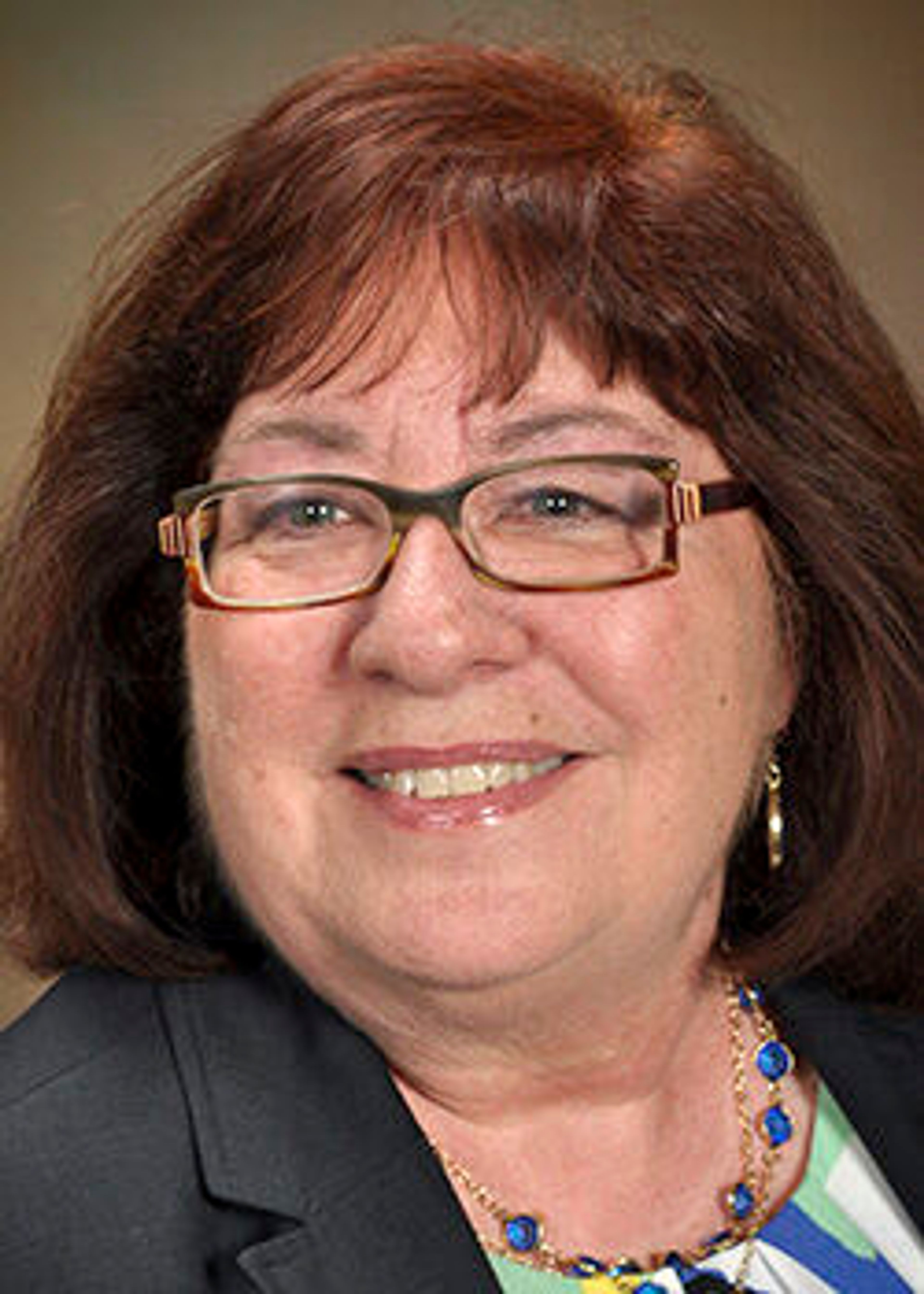For more than 60 years, the opening snap of a newspaper has been part of my day.
The feel of newsprint, the smell of the ink — it was a jolt like a first cup of coffee.
But that routine is going away. There is a certain sadness, but there is also the anticipation of the new. Like many entrenched news readers, I expect there will be a period of adjustment.
Logically, printed newspapers have always had the problem of timeliness. Especially in the past 20 years, by the time the pages hit the printing press they were already verging on old news. Electronic news has a faster delivery system and is 24 hours a day rather than once a day.
Signing onto my Daily News app in the morning has made it feel a bit like cheating — seeing the top stories before I unrolled the actual paper. But technology can be a good thing, if not a bit unsettling at first.
A bit of evolutionary perspective: In the late 1960s, people were complaining the papers were cutting their Sunday magazines, which were glorious printing jobs done on an old rotogravure press. Those presses used a form of intaglio printing where images were engraved into the press plate making for very sharp images and beautiful colors. It was all horribly expensive.
Then there was the change from linotype machines setting hot lead type to offset press, where printing plates were made from photographed images.
Now it is all going online.
Again, logically it makes sense to switch the “paper” to an online forum so news can be updated more quickly. It is also much less expensive to run an online site than a physical newspaper.
The financial aspect of news is rarely considered by news consumers. It costs a lot of money to hire reporters, editors, photographers, office staff, advertising managers, design staff (for ads and pages), prepress/printing press workers and circulation/delivery drivers.
All this is even before one begins to consider the cost of ink and newsprint, both of which have risen dramatically in the past few years. The U.S. Bureau of Labor Statistics shows the cost of operating newspapers has gone up 123.40% between 1997 and 2024.
But what is even sadder than the loss of the morning paper on the porch is the loss of so many of those newsroom jobs. Many are excellent at what they do, but they are now looking for work, some of whom say they are leaving journalism because they are losing heart.
And there is the greatest loss of all. As citizens, we need to be aware of what is happening around us. Not just the national news, but the regional, state and local as well. It is true, all politics are local, and voting or acting without understanding the issues is doing it blind. News reporting helps bring issues to light and clarify them.
Perhaps this is why nonprofit news groups have sprung up and become more dominant in the past year. News outlets like the Idaho Capital Sun (part of the State Newsgroups) and FaVS (Faith and Values) News here locally are providing news without paywalls. The way these groups pay for this is through donations from readers, grants and other fundraising efforts to pay staff members.
Currently, many of these alternative groups are more focused than general news, which makes the more traditional news outlets still very important. For example, FaVS specializes in religion and ethics, readers don’t usually get information about local government or civic groups. The Idaho Capital Sun is more for politics and state capital news.
There are other groups with a similar narrow focus.
This is why even going digital, the Moscow-Pullman Daily News still has a place at the news table for residents of the Palouse. People continue to need their local news, the local police reports, what is happening at city halls, crime reports, civic and community events and so much more. Without such information, we will be living in a void.
So, hopefully, reading the morning news online will (eventually) become as much a habit as the old physical newspaper with the morning coffee.
Tallent was a journalism faculty member at the University of Idaho for 13 years before her retirement in 2019. She is of Cherokee descent and is a member of both the Indigenous Journalists Association and the Society of Professional Journalists. She also writes for Faith and Values News (favs.news).








